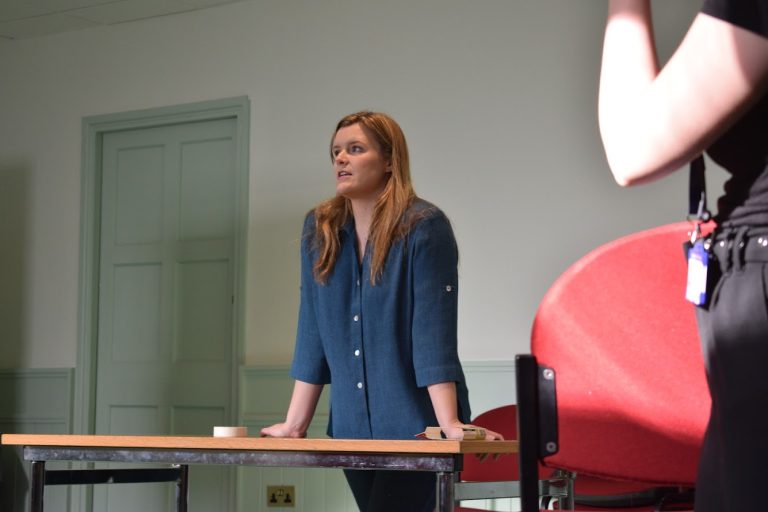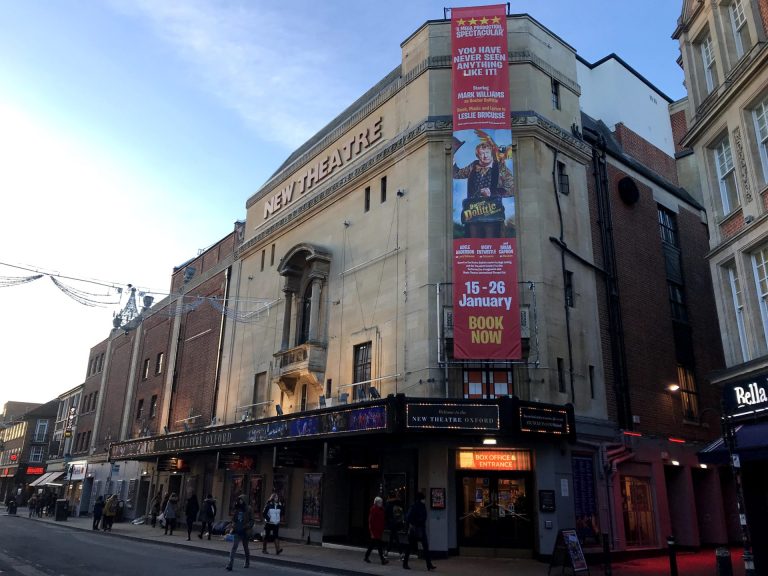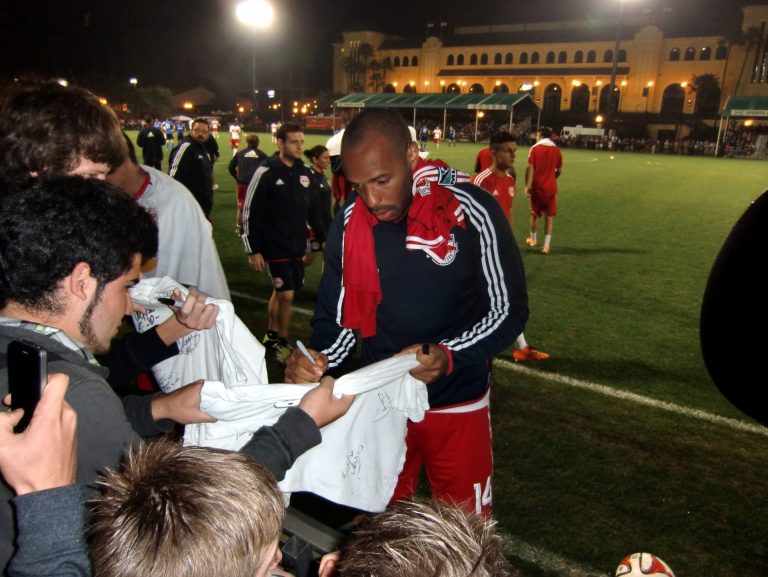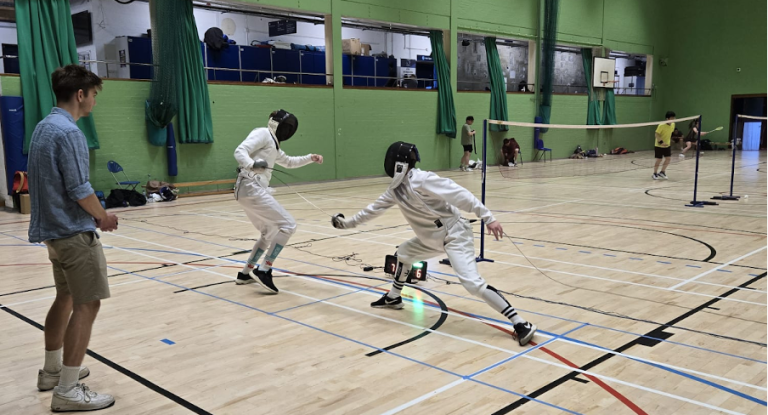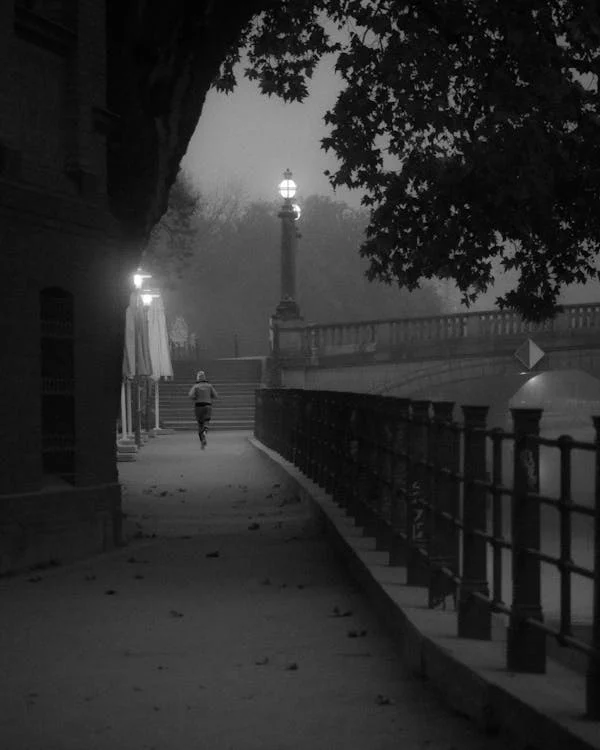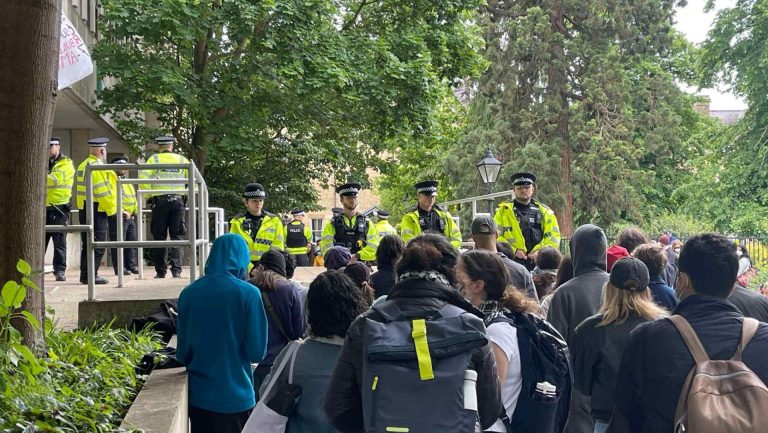I sat down with Hannah Eggleton, Director & Writer of CRUSH, to talk power, performance, and the making of her debut full-length play, premiering at The North Wall.
Presented by WriteOff Productions, CRUSH is a sharp and tender coming-of-age play that examines the blurred boundaries between power and affection, teacher and student, performance and reality. It probes the messy, often uncomfortable truths about adolescence, desire, and authority with insight, wit, and emotional honesty.
It also arrives with an impressive pedigree. The play grew out of Growing Pains, a one-woman monologue Hannah wrote for the Royal Shakespeare Company’s 37 Plays initiative – a nationwide call-out for fresh voices in British theatre. Growing Pains was selected as one of the winning entries, and CRUSH marks Hannah’s full-length follow-up.
With all the sharpness of youth and the clarity of hindsight, this debut asks difficult questions about power, consent, and the roles we play – on stage and in life. It’s a timely reminder that, even in a school play, the most powerful drama often unfolds behind the scenes. If you’ve ever had a teacher you adored, a best friend you idolised, or a version of yourself you’re still trying to outgrow, then you’ll feel right at home in the audience.
Set in the emotionally charged microclimate of St Margaret’s School for Girls, CRUSH follows a group of teenagers as they prepare to stage a performance of A Midsummer Night’s Dream in collaboration with a nearby boys’ school. What begins as a lively rehearsal process soon takes a darker turn, as protagonist Annie begins to notice something unsettling between her classmate Mary and their charismatic English teacher, Ms Evans.
“There are parts of my school experience that snuck their way into CRUSH,” Hannah reflects. “The underground workings of an all-girls’ common room felt very familiar. I also took part in my fair share of joint school productions. Though none of us, to my knowledge, lost our virginity at the Harvest Day parade.”
Shakespeare’s A Midsummer Night’s Dream plays a central role in CRUSH – quite literally. “[A Midsummer Night’s] Dream has certain themes – passion, self-discovery, jealousy – that naturally chime with the world of CRUSH,” Hannah explains. “It’s also just a delightfully silly play: witty insults, bad actors, physical comedy, a donkey’s head… What’s not to love?”
“CRUSH celebrates a very specific age,” Hannah notes, “the age when you’re learning how to be a ‘good person,’ and the many, many ways in which you can get that wrong. It’s painful, but we all go through it. In that sense, I hope that CRUSH is a play that all ages can relate to. It’s a chaotic scramble through the teenage years, however long ago they might have been.”
The North Wall Arts Centre offers one student production annually the chance to stage their show in a professional theatre environment, complete with mentorship and support. The residency has a history of helping student productions flourish, with past participants going on to win awards, launch professional theatre companies, and succeed at major festivals like the Edinburgh Fringe.
WriteOff Productions, the company bringing CRUSH to the stage, is working closely with The North Wall team to make the most of this opportunity, offering the audience a real-world theatre experience that stretches from creative development to production management.
Ria Parry, Director of The North Wall, explains: “Through our ArtsLab programme for early-career artists, we’re delighted to be hosting WriteOff Productions. Hannah is a brilliantly talented new writer whose work was previously recognised by the RSC’s 37 Plays season. ArtsLab is all about giving young artists – whether they’re writers, directors, producers or designers – the space and support to understand how professional theatre really works. We’re thrilled to be welcoming audiences to CRUSH’s premiere.”
Producer Carys Howell echoes this appreciation for the collaborative environment. “It’s such a unique opportunity to get a piece of new writing on its feet with a team of professionals supporting its creation,” Carys explains when asked what attracted the company to the residency. “You don’t often get that – and it means so many new writers and companies don’t get the support they should when they’re starting out.”
According to Carys, this experience isn’t just about putting on a play – it’s about making WriteOff a creative space for students, actors and crew alike, who want to take their work beyond Oxford. “Having the North Wall team’s input throughout the process has really helped us look at things with a longer lens – they’re invested in the project being taken further, which is a massive vote of confidence both in Hannah’s writing and for a new production company! We’re keen to keep that energy for our future projects both within and outside of Oxford.”
This residency offers emerging theatre artists an invaluable stepping stone into the industry, providing the kind of hands-on experience that can transform ambitions into careers, and it’s this blend of professional support and creative exploration which helps make CRUSH a standout moment in this year’s student theatre calendar.
CRUSH premieres at The North Wall Arts Centre, Oxford, from 5–7 June, as part of their 10-year partnership with University student theatre.


